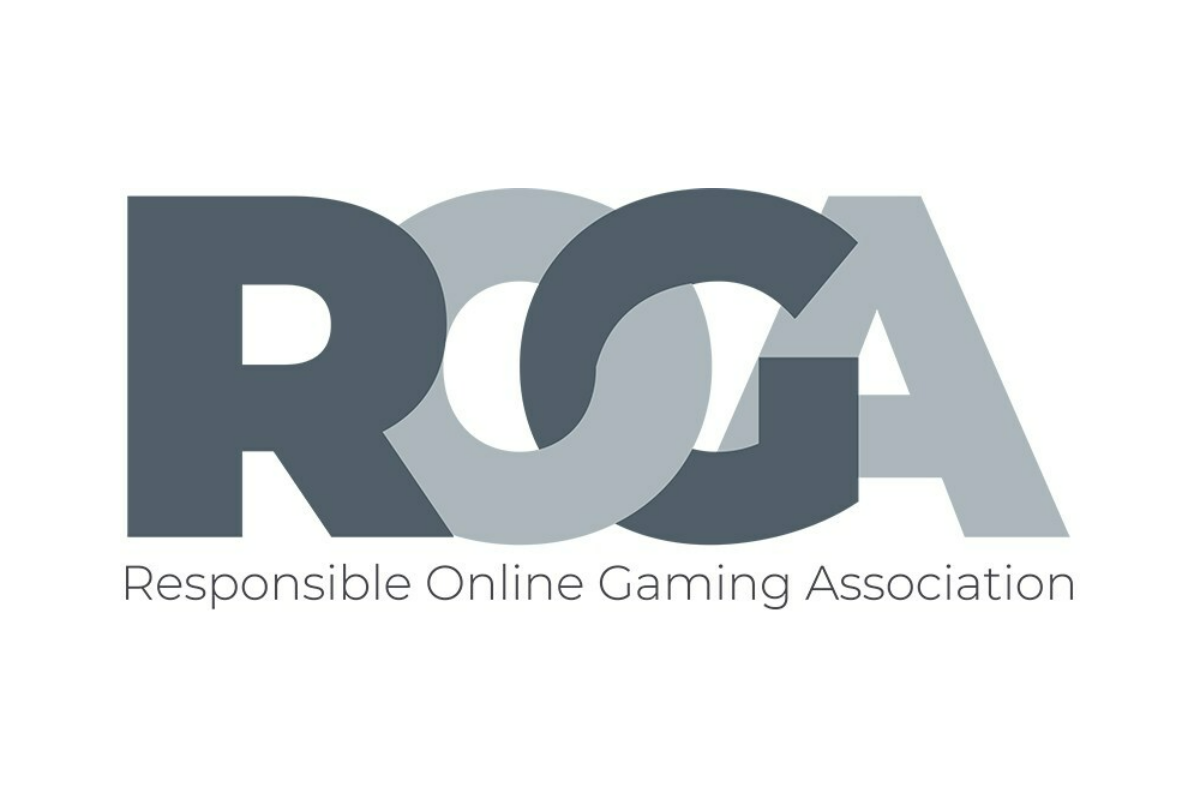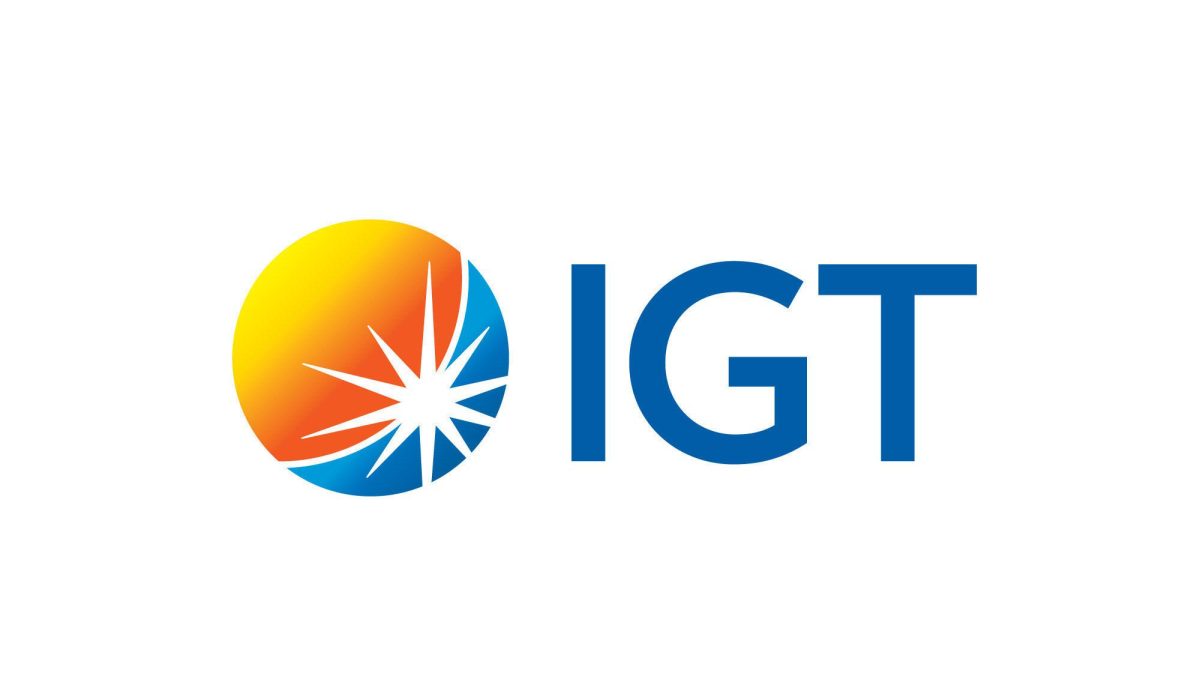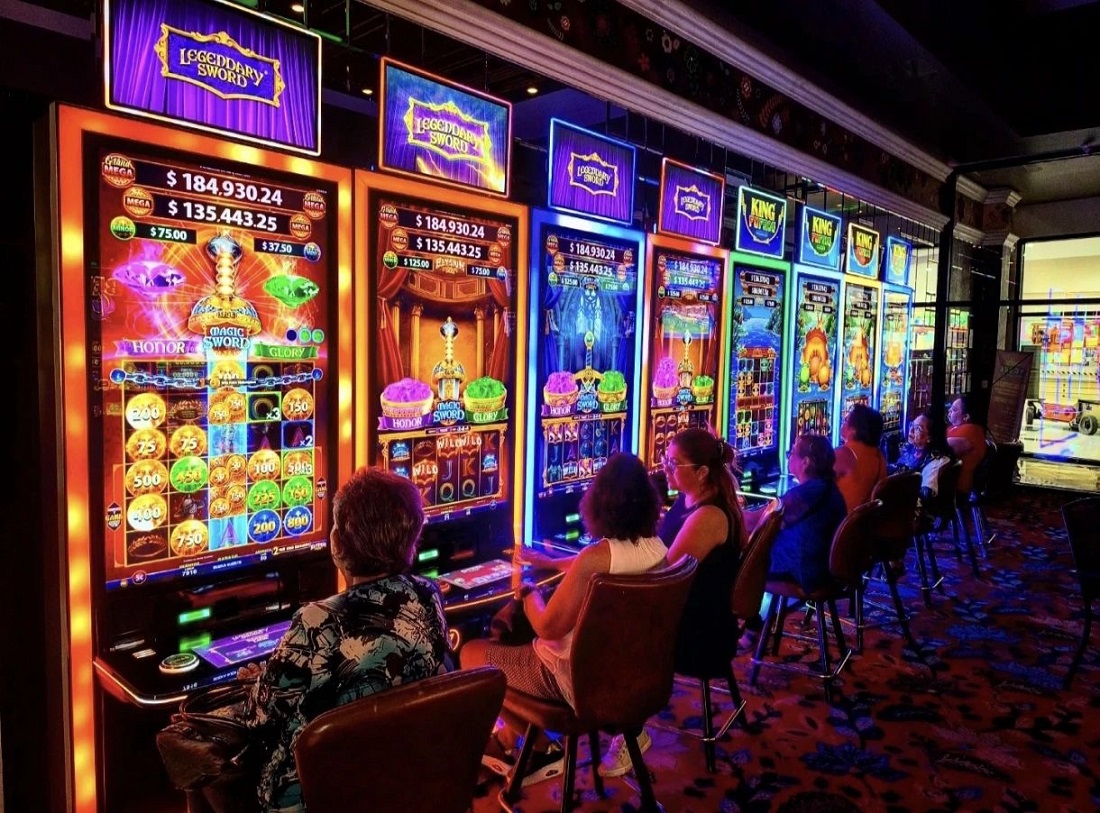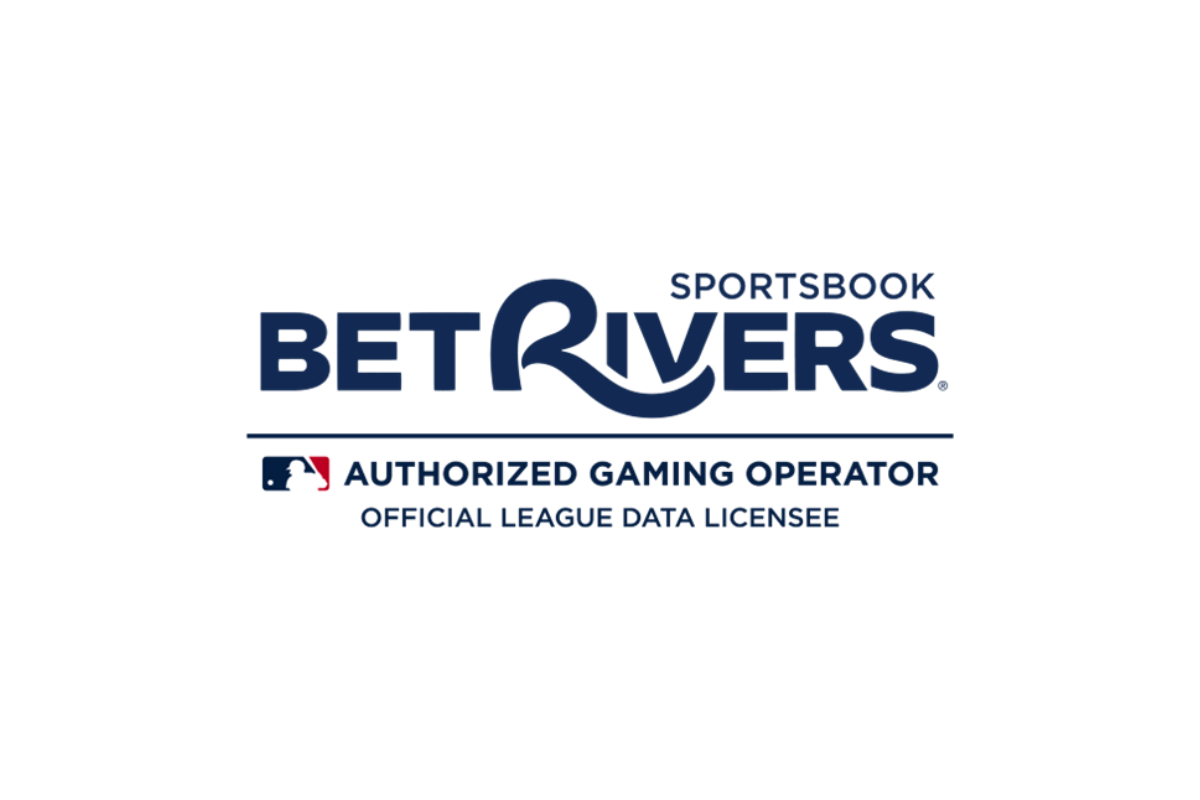
Responsible Online Gaming Association Releases Guidelines for Operator VIP Programs
The Responsible Online Gaming Association (ROGA), an independent association representing 90% of the legal U.S. sports betting industry by handle, published its guidelines for operator VIP programs. These evidence-based recommended practices are intended to support members’ VIP policies to further incorporate robust responsible online gaming. These can help players maintain a balanced, enjoyable gaming experience within their own personal limits.
“Like in many sectors of entertainment, leisure and hospitality, sportsbook’s VIP programs aim to reward and retain loyal players, and it is essential that these programs are operated with a strong commitment to responsible gaming. These programs should support a shared understanding between hosts and players on the value of responsible gaming that fosters long-term loyalty and player well-being. There is a robust conversation ongoing regarding VIP programs, which is why we have prioritized this issue, as it is essential to provide research-driven guidance to adequately support these programs to help keep VIP players’ experience fun and recreational,” said ROGA Executive Director, Dr. Jennifer Shatley.
Guided by existing evidence, ROGA found that the most effective VIP programs combine proactive education, personalized engagement, and periodic program evaluation. Pursuing these objectives, ROGA identified the following recommended practices for operating VIP programs, many of which have already been implemented by some operators:
• Role-specific Training for VIP Hosts: Provide ongoing education specifically tailored to the unique needs of VIP Hosts.
• Automated Review: Operators will take advantage of technology to attempt to detect potentially risky behavioral patterns among VIP players, such as increased deposit frequency, extended play sessions, or repeated failed withdrawal attempts.
• Escalation Process: Operators will implement measures to escalate to a responsible gaming specialist when the operator identifies that a player might be exhibiting potential signs of problematic play. The specialist should conduct a review of the player’s behavior and take appropriate action on a case-by-case basis, such as connecting with trained behavioral health personnel.
• Integrate RG Messaging into VIP Communications: Communicate responsible gaming messages to VIP players using a range of tailored engagement channels.
• VIP Engagement Protocols: Establish protocols to guide interactions between VIP hosts and VIP players, with a focus on transparency, support, and responsible gaming.
• Promotions, Bonuses, and Incentives: VIP Hosts should not offer any VIP promotions, bonuses, or incentives to VIP players who are on a cool-off period, have self-excluded, or have a suspended or banned account, and must also provide all VIP players with the ability to opt out of receiving such incentives.
• Making Data Available: Provide VIP players with access to player data that show player activity, including deposits, wagers, and withdrawals.
• Confirm Awareness of Tools: Require VIP players to confirm their familiarity with responsible gaming tools and resources upon onboarding.
• RG Education for VIP Players: Regularly provide VIP players with responsible gaming educational materials to support responsible gaming behavior.
• Regular Program Evaluation: Conduct annual reviews of the VIP program. This can include feedback from both VIP players and VIP hosts, as well as tracking the success of engagement strategies.
• Development and Updates: Operators should keep apprised of new tools and methods for responsible gaming as they are developed.
This non-exhaustive list of recommended practices is a critical step toward further supporting these programs. ROGA’s members have independently made the decision to commit to implementing these guidelines within a commercially reasonable timeframe.
With its members’ support, ROGA continues to identify and publish research-based recommended practices for responsible gaming across a variety of priority topics.










